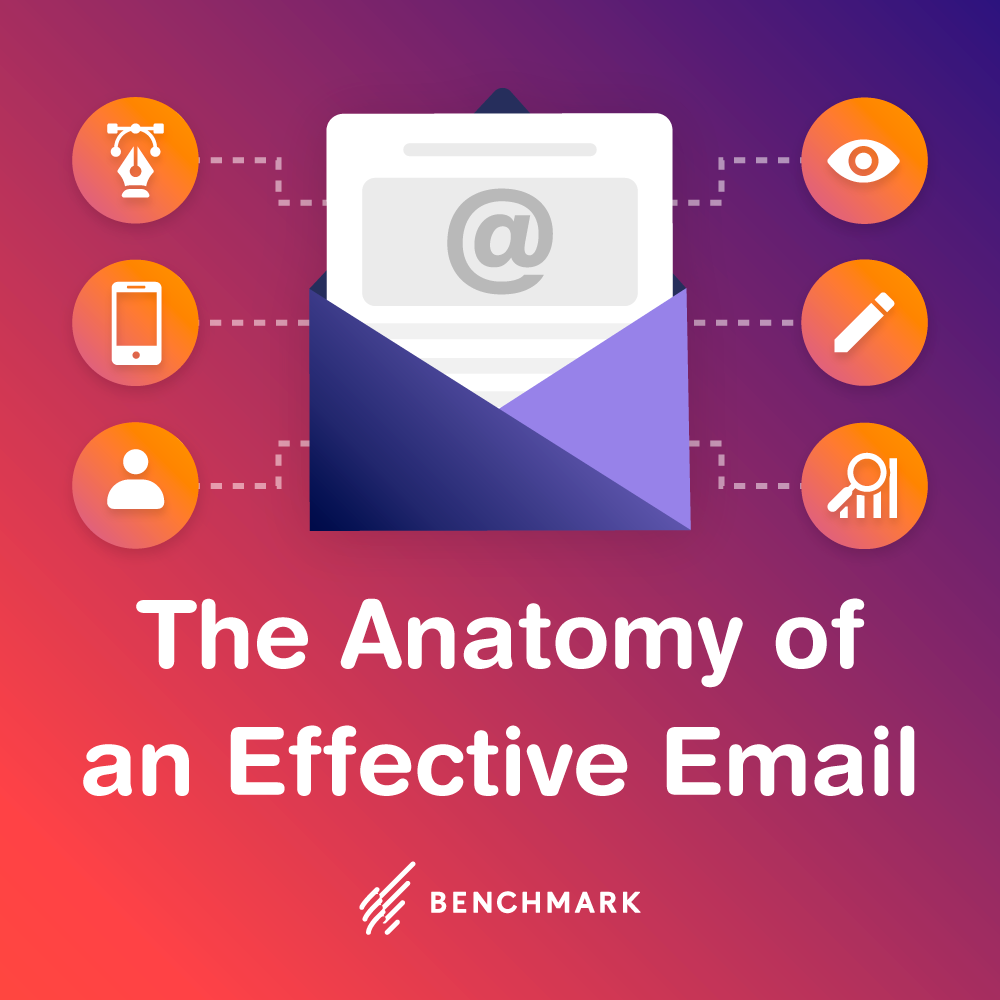
With the big news being Facebook’s $19 billion acquisition of mobile messaging provider WhatsApp, it’s easy to get excited about what’s happening in the mobile space. To some it’s an indication of how important mobile is in today’s online ecosystem. To others it’s more a sign of a bubble that’s waiting to burst.
The fact is this figure is 10 times what Google paid for YouTube back in 2006. That’s crazy when YouTube users today watch over 6 billion hours of video every month! A lot has happened in 8 years ever since the iPhone launched.
Let’s consider some the top 5 emerging trends with mobile in 2014:
1. Aggregation of Service Providers
This is inevitable for mobile messaging services like WhatsApp to challenge the trusty SMS. Apple was very smart integrating iMessage with the text message ‘app’, following the adage “if you can’t beat them, join them”. Don’t be fooled though by some of the hype online though about the demise of SMS – it is still ubiquitous across all devices and the stats on instant messaging volumes are muddied by different user behaviour as this report extract from Portio Research shows.
However as we have seen with Facebook’s recent acquisition expect more aggregation in the market particularly involving messaging providers and mobile ad networks.
2. Integration of Features
Do you remember the days before smart phones? At home I have a drawer full of gadgets that I can’t bring myself to throw away because I had invested hard earned cash buying stuff that now feel obsolete. I’m talking here about my Sony camcorder, a digital voice memo, an SLR camera and even my iPod feels rather redundant these days.
However the real shifts will happen with mobile apps as different features are combined into a single app. A great example of this is the FlexApp which combines a map, a phone like Skype or Viber, and even mobile cash back.
3. Loyalty Programs
With so much choice just a click away, the consumer really is king. The long term strategy for businesses must be to build customer loyalty and create an environment where people want to come back time and again. Even big retailers are still grappling with this as you can see from the reaction when US burger chain White Castle rolled out a new iPhone app that didn’t include a loyalty program.
Mobile apps are a great way to build loyalty through stamps, rewards and other incentives. Better still, integrate with social media to help spread the message and build a tribe of loyal customers.
4. Mobile Payments
Ever since the global financial crisis started in 2008, this area has been ripe for change. It’s now possible to withdraw bitcoins via ATM’s in Canada and soon in other parts of the world like UK, US and Singapore. At the other end of the scale it’s easy for any business to develop their own app to manage mobile payments for less than $1,000 as the App La Carte platform shows.
Expect retailers to integrate mobile payments into their existing websites, apps and point of sale devices. The technology is already here as this video shows using a simple QR code reader to handle the transaction between phone and point of sale.
5. Focus on the Basics
Whilst it’s easy to get caught up in the latest app that has incorporated augmented reality into advertising we mustn’t lose sight of the fact that mobile is simply another channel for connecting with your customers. Mobile is important because more people now access the net via their phone than a laptop or PC and it’s often the first point of contact between a business and a customer.
Here’s a useful guide to help you focus on the basics in 2014 which includes the 7 things to incorporate into your marketing alongside mobile. You’ll be pleased to see that list building forms an important foundation stone as email marketing still delivers one of the highest ROI of any marketing method.




